English Language
Every JingShanite is an Empathetic Communicator, a Discerning Reader and a Creative Inquirer!
At Jing Shan Primary School, we are committed to nurturing empowered learners — confident in their voice and choice, curious in their inquiry, and compassionate in their interactions — ready to shape the future with courage, creativity, and conviction.
Through the teaching and learning of English Language in JSPS, we aim to nurture a community of engaged learners who are Empathetic Communicators, Discerning Readers and Creative Inquirers. In line with the future of learning, we focus on equipping our students with 21st Century Competencies (21CC) such as critical and inventive thinking, communication and collaboration skills.
To realise this vision, our English Language curriculum places emphasis on developing multiliteracies, metacognitive skills and exploratory talk, empowering students to navigate and make meaning of diverse texts in an increasingly digital, globalised world. Leveraging Educational Technology (EdTech), we enhance learning experiences and develop ICT skills, enabling students to respectfully engage in authentic, interactive and collaborative learning environments that extend beyond the classroom. This prepares every JingShanite to thrive as confident, future-ready learners in a dynamic and interconnected world.
%20revised%20190520.jpg)
The English Department adopts a progressive and inclusive 3S Approach — Support, Strengthen, and Stretch — to customise programmes and activities that cater to the diverse learning needs of our students.
We believe that true proficiency in the English Language is nurtured through immersive, meaningful, and varied learning experiences. Guided by this belief, our programmes are thoughtfully designed to engage students in the purposeful use of English across all four essential language areas: listening, speaking, reading, and writing.
Through this comprehensive approach, we seek to cultivate in our students a lifelong love for the English Language, while equipping them with the confidence and skills needed to thrive in an increasingly interconnected and globalised world.
To achieve this, our lessons are closely aligned to the EL syllabus and underpinned by a suite of carefully selected, research-informed pedagogical approaches:
✨ 6 Traits of Writing — guiding students to craft clear, expressive, and impactful writing through a focus on ideas, organisation, voice, word choice, sentence fluency, and conventions.
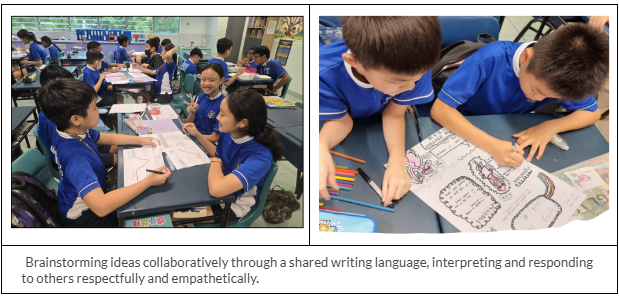
✨ Inquiry through Dialogue — encouraging meaningful conversations where students question, reflect, and co-construct understanding, fostering deeper learning through active participation.
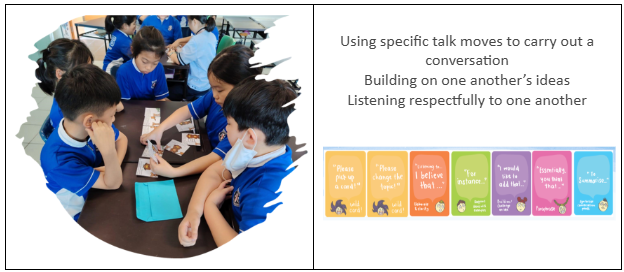
✨ Differentiated Instruction Approach — recognising the unique strengths and needs of each learner, we customise instruction to provide accessible, relevant, and challenging learning experiences for all. Besides enacting DI approach in the classrooms, the EL department also adopts a progressive and inclusive 3S Approach — Support, Strengthen, and Stretch — to customise programmes and activities that cater to the diverse learning needs of our students.
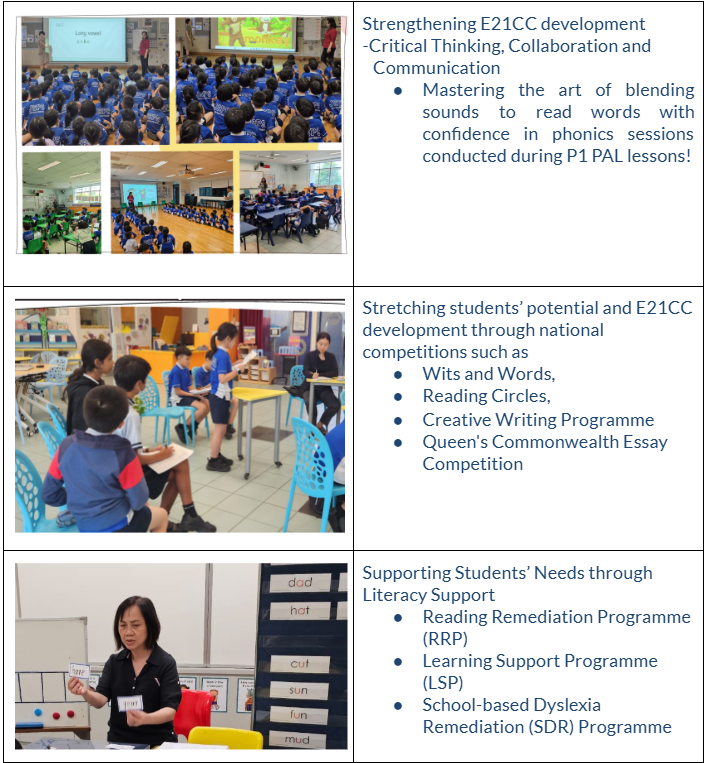
✨ Shared Book Approach (SBA) — nurturing a love for reading and developing language skills through engaging, rich texts that promote discussion, critical analysis, and text appreciation.
✨ Active Learning with Technology — leveraging EdTech tools and
digital platforms to create interactive, collaborative, and immersive learning
environments that extend beyond the classroom walls.
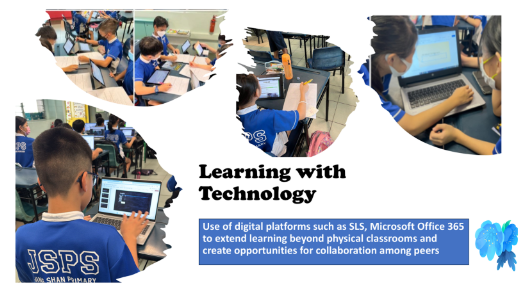
✨ Active Reading and Reading Comprehension —fostering a love for reading while equipping students with effective strategies to engage deeply with texts, develop critical literacy, make thoughtful inferences, evaluate information critically, and respond with insight.
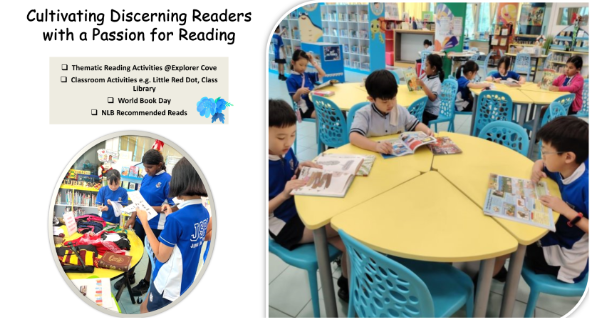
✨ Metacognitive Approach in Teaching Critical and Inventive Thinking — empowering learners to be assessment-capable learners who monitor, reflect on, and regulate their thought processes, fostering resilience and adaptability.
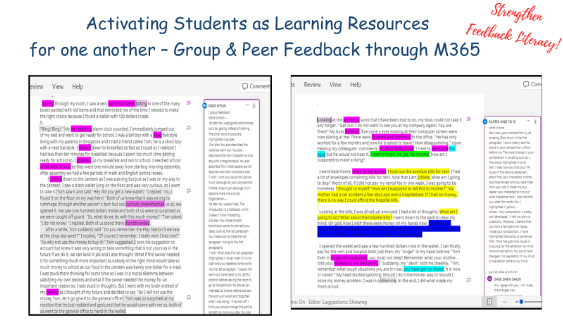
✨ Modified Language Experience Approach (MLEA) — blending students’ personal experiences with language learning to create meaningful, authentic writing and communication opportunities.

